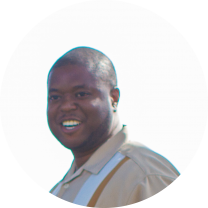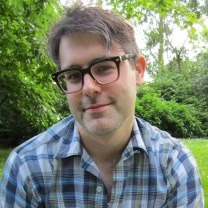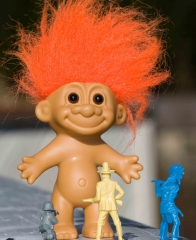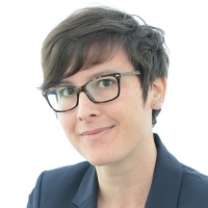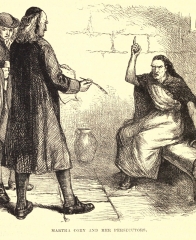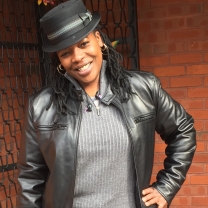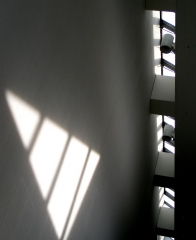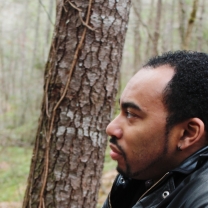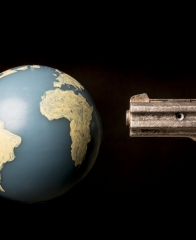 / The Wild World of Politicon 2017
Subscribe
/ The Wild World of Politicon 2017
Subscribe
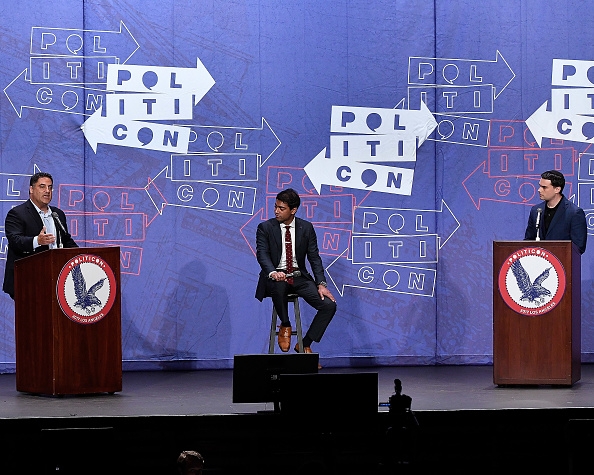
On Sunday, July 30, 2017 at 1:30 PM, I arrived at the Pasadena Civic Center in Southern California to attend Politicon 2017. In the five hours that I was at the event, I attended three panels and toured the political bazaar at Liberty Hall. I observed an interview between MSNBC Contributor Touré and former Trump advisor Roger Stone.
Roger Stone’s persona and his interview with Touré was symbolic, if not endemic, of the Trump administration and the new era of American politics. He was loud, vulgar, and openly hostile to the gracious journalist. Stone reveled in easily disproved lies, and he accused Rep. Maxine Waters of California of multiple financial crimes. He also proudly boasted of his involvement in the brutal dictatorship of Jonas Savimbi of Angola, calling the brutal strongman a ‘champion of liberty against communist aggression.’ The 70-minute interview was followed by a 20-minute Q&A period, which strangely included many fawning remarks. I couldn’t be sure if the comments were satirical or there were just that many adults in the world who gleefully listen to Roger Stone’s commentary.
The Stone interview was followed by a panel discussion titled “Is It Funny or Offensive?” with comics Al Madrigal, Bassem Youssef, Doug McIntyre, and Jason George. (Roger Stone was supposed to be on the panel, but he dropped out at the last minute in, according to the moderator Norman Colightly, a gloriously profane manner befitting Stone). The conversation was interesting, if standard, fare about political correctness versus so-called free speech. However, I had high hopes for Youssef’s commentary, given his experiences in Egypt and his eventual defection to America. Youssef reminded the audience that as bad as things seems, America still has freedoms that other countries still strive to obtain in the 21st century.
The first panel I visited was informative on multiple levels. Black Lives Matter, also hosted by Touré with America Ferreira, gave me a glimpse into the complexity and intersecting issues that comprise the movement for Black Liberation. Discussions about community based mental health intervention as an alternative to police involvement were especially interesting. But I was dismayed by the relatively low turnout. The panel discussion was held in the same conference room as the Roger Stone interview and the “Is It Funny or Offensive?” Panel. The latter two panels filled the room to capacity. The panel discussion on Black Lives Matter, arguably one of the most important civil rights movements of the 21st Century, barely filled half the space.
Each panel left an impression on me. None of the content, however, affected me as much as the crowds. I was mortified by them. As a progressive Black male, I saw the kind of young, angry hot blooded conservative white men who all but catapulted Donald Trump into office. I stood aghast as young, seemingly educated middle-class millennials and Gen-Xer’s in suits lauded Roger Stone and cited the conspiracy monger Alex Jones and his InfoWars network as a credible news outlet. I stood baffled as the Ben Shapiro talk was moved from one hall to a larger venue—because so many angry cherub-faced white men in blazers and Make America Great Again hats poured into the Pasadena Civic Center to hear a 30-something podcaster who often traffics in misogyny and xenophobia. The Ben Shapiro event was standing room only.
And that’s what struck me most about the Politicon—I’ve seen the enemy, and he is us. I was surprised and dismayed that so many people who, like me, grew up in post-Civil Rights America’s urban melting pots, such as Southern California, could flock to and applaud people who espouse the most heinous, antiquated ideas. These weren’t angry Southern white men of my father’s generation fawning over one of the last devoted Nixon protégés. These weren’t uneducated working class white men from the Rust Belt who might have economic reasons to find the ideals of the Alt-Right appealing. Loretta Lynn’s vaunted coal mining father was not present on that balmy Sunday in Pasadena.
Rather, these were urban, likely college educated, and certainly middle class (Politicon wasn’t cheap) suburbanites who grew up during the Rodney King controversy and likely have listened to N.W. A’s “F*** The Police” and Ice-T’s “Cop Killer.” These were young men and women supporting retrograde and xenophobic ideologies while snacking on street tacos and falafels. Yet, there I was, looking at white men younger than me, and closer in age to my kid brother, who espouse ideas and support political agendas that are everything my parents’ generation fought against and bled and died to end. In comparison, my attendance at the Black Lives Matter session became that much more sobering.
All in all, I had fun and learned some new things. I discovered the progressive Muslim community within Southern California. I also learned of new technology ventures meant to grant more people access to local issues and activism campaigns. I would recommend Politicon to anyone interested in politics or policy. Still, I left bewildered that people as young as 25 are enamored by ideas I long thought dead. Given the recent events in Charlottesville, what I saw at Politicon 2017 didn’t entirely surprise me. What did surprise me was just how long a way we who want an egalitarian and inclusive society have left to go.
Calvin L. Nicholson is a Yale Alumnus and former member of the Connecticut Green Party.
Photo Credit: Michael Schwartz, "Panel during Politicon 2017 at Pasadena Convention Center," via Getty Images, 30 July 2017.
